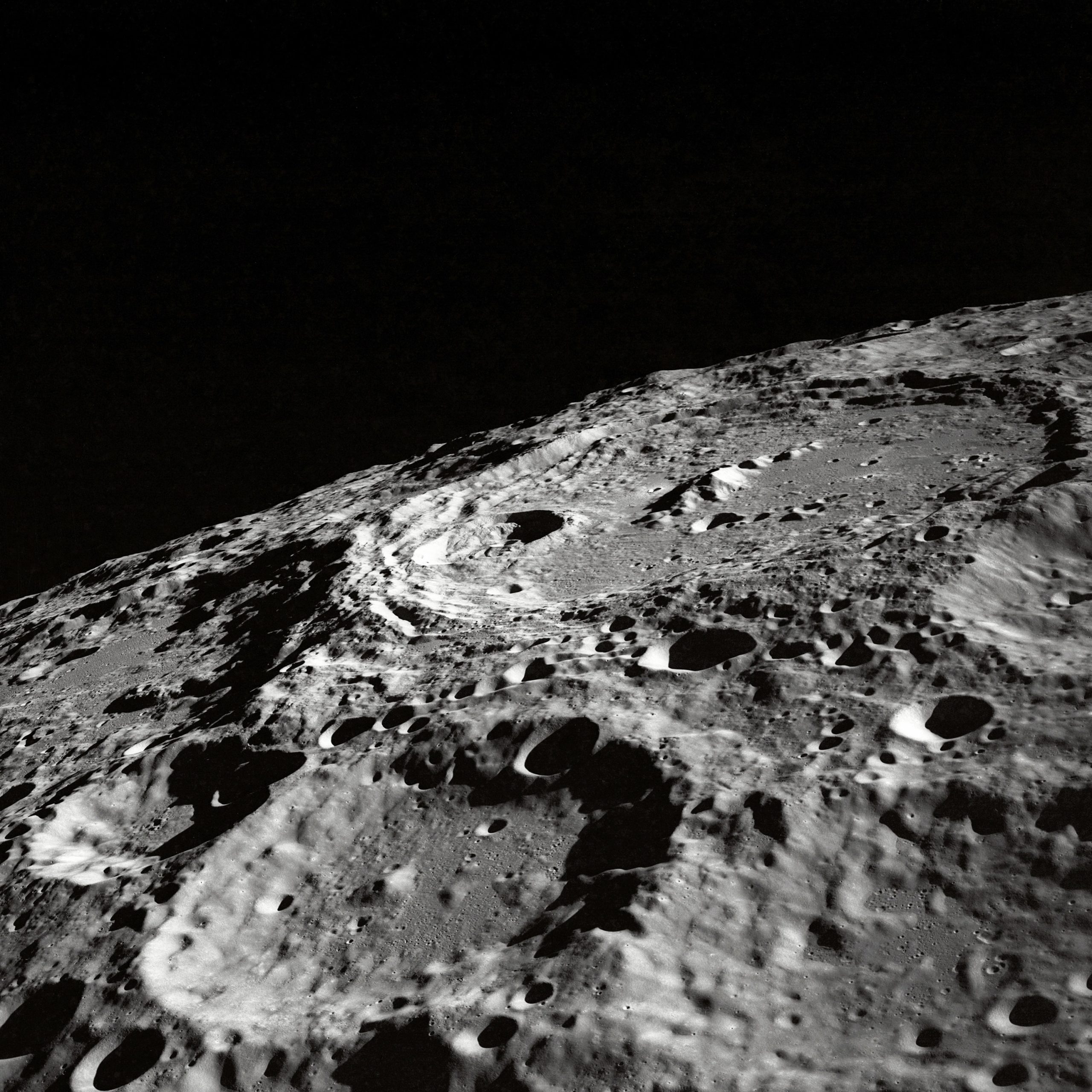Spiritualism vs Spirituality: Understanding the Difference and Finding Balance
The topics of spiritualism and spirituality often intertwine, but they are not entirely synonymous. While spiritualism focuses on connecting with spirits and the afterlife, spirituality encompasses a broader concept of personal growth, self-discovery, and connection to something greater than oneself. In this blog post, we will delve into the differences between spiritualism and spirituality, and explore how we can find balance between the two.
Defining Spiritualism
Spiritualism is a belief system that gained popularity in the 19th century. Its core principle is the idea that the spirits of the dead can communicate with the living, either directly or through a medium. Spiritualists aim to establish contact and communicate with the spirits of departed loved ones, seeking guidance, comfort, and proof of the afterlife.
Mediumship plays a significant role in spiritualism. Mediums are individuals who claim to have the ability to communicate with spirits and relay messages from the spirit world. They often conduct séances, where participants gather to connect with the spirits using various methods such as automatic writing, clairvoyance, or trance.
While spiritualism can provide solace and closure for those grieving the loss of a loved one, it is essential to approach it with a critical mindset. Many skeptics argue that mediums employ trickery and cold-reading techniques to give the illusion of communication with the deceased. Thus, it is crucial to maintain a balanced perspective when exploring spiritualism.
Understanding Spirituality
Unlike spiritualism, spirituality is not limited to communicating with spirits or exploring the afterlife. It is a broader concept that encompasses personal growth, self-awareness, and the search for meaning and purpose in life. Spirituality transcends religious, cultural, and dogmatic boundaries, allowing individuals to form their own unique beliefs and practices.
In essence, spirituality involves connecting with something greater than oneself, whether it be nature, the universe, a higher power, or even the collective consciousness of humanity. It is a deeply personal journey that often involves introspection, meditation, mindfulness, and other practices aimed at cultivating inner peace, harmony, and a sense of purpose.
Spirituality can take various forms, depending on an individual’s beliefs and cultural background. For some, it may involve organized religion and adherence to specific rituals and doctrines. Others may find spirituality in nature, art, music, or acts of compassion and service to others. The beauty of spirituality lies in its adaptability and inclusivity.
Finding Balance Between Spiritualism and Spirituality
Both spiritualism and spirituality offer unique benefits and challenges, and finding balance between the two can help individuals navigate their spiritual journeys effectively. It is important to recognize that these concepts are not mutually exclusive; one can explore spiritualism within the context of their own spiritual practice.
Here are some key considerations to help find balance:
- Critical Thinking: Maintain a critical mindset when exploring spiritualism and engaging with mediums. Question claims, seek evidence, and be aware of the potential for deception or self-delusion.
- Intuition and Discernment: Trust your own intuition and discernment when encountering spiritual experiences. Reflect on the information received and consider multiple perspectives before drawing conclusions.
- Personal Growth: Embrace spirituality as a means of personal growth and self-discovery. Engage in practices that promote mindfulness, self-reflection, and emotional well-being.
- Openness and Flexibility: Approach spirituality with an open mind and be willing to explore different paths and beliefs. Allow room for growth and adaptation as new insights and experiences arise.
- Community and Support: Seek out like-minded individuals who are also on a spiritual journey. Joining communities, attending workshops or retreats, or engaging in group meditation can provide support and facilitate growth.
Striking a balance between spiritualism and spirituality is a deeply personal process. It requires self-reflection, discernment, and a willingness to question and adapt beliefs. By integrating critical thinking, personal growth, and open-mindedness, individuals can find harmony between the desire to connect with the spirit world and the broader exploration of spirituality.
In Summation
Spiritualism and spirituality may share similarities, but they are distinct concepts. Spiritualism focuses on connecting with spirits and the afterlife through mediums, while spirituality encompasses personal growth, self-discovery, and connection to something greater than oneself.
Finding balance between spiritualism and spirituality involves maintaining critical thinking, trusting one’s intuition, embracing personal growth, remaining open to different beliefs, and seeking community and support. By navigating these aspects, individuals can embark on a holistic spiritual journey that combines the benefits of both spiritualism and spirituality.
Remember, it is essential to approach spiritualism with a critical mindset, as mediums may employ deceptive practices. Nonetheless, spirituality offers a broader foundation for personal growth and self-discovery, allowing individuals to explore their own beliefs and practices in a flexible and inclusive manner.
As with any topic, always approach spiritualism and spirituality with an open mind, respect for diverse perspectives, and a willingness to learn and grow. It is through these processes that we can find deeper understanding, connection, and meaning in our spiritual quests.
Table of Contents
